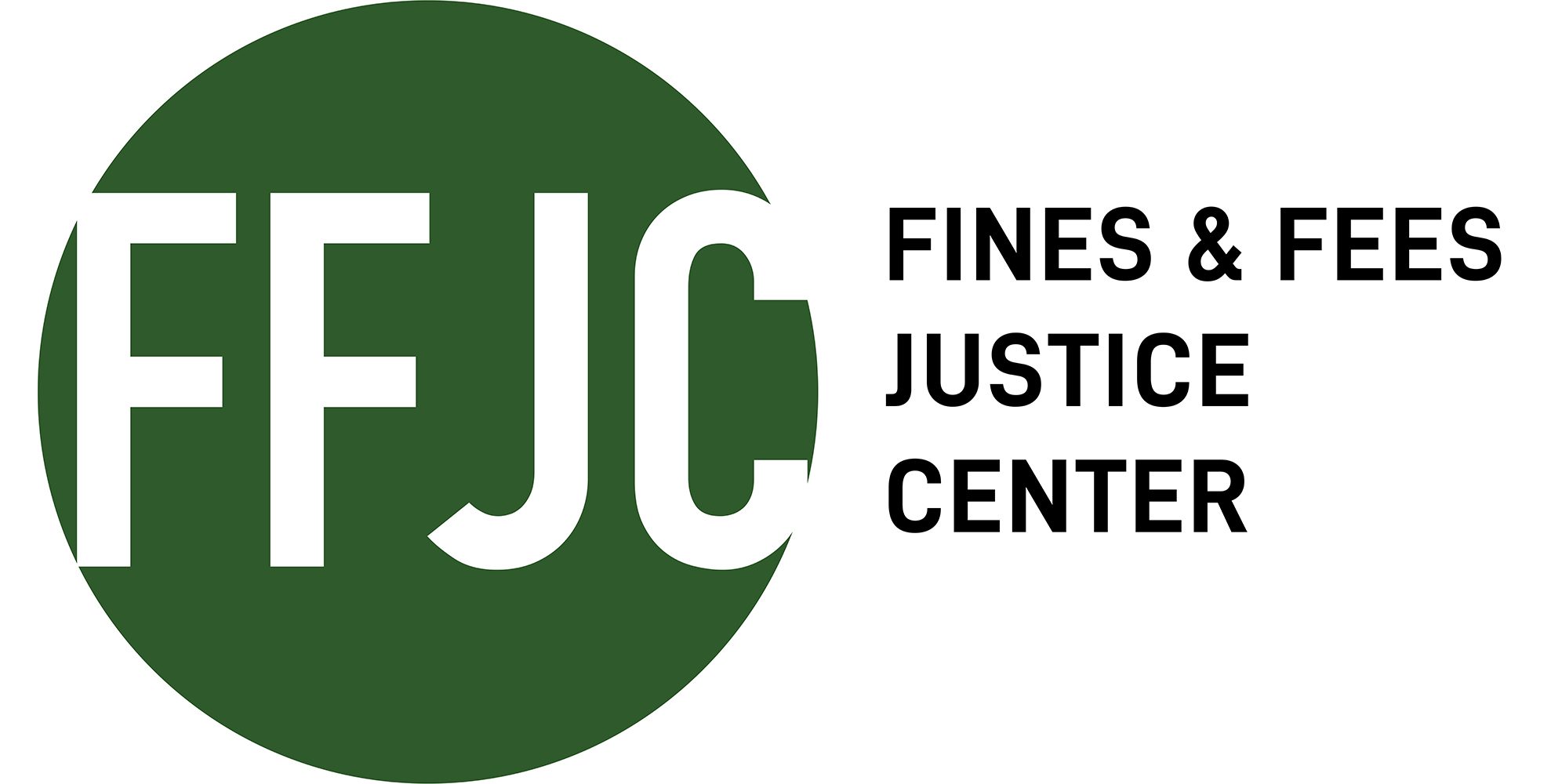17% of respondents said they had committed a crime to pay for court costs, fines, or fees.
This report includes quantitative and qualitative survey results from 943 participants from 13 counties in Alabama. The report includes information about the collateral consequences of increased court costs on incarcerated people in Alabama, including harsh penalties for nonpayment and the phenomenon of defendants turning to crime as a funding source to pay their fines and fees. The data is presented at the state level and broken down by county.
You can read the full text here.
I will owe when I leave this world. They come up with something new every day. I cannot get a loan. I will be paying until the day I die. The fees keep coming. The fees and fines are all they want. –Jefferson County respondent
Key findings
- The most frequent necessities that respondents gave up as a result of criminal justice debt were utilities, groceries, and rent/mortgage.
- 17% of respondents said they had committed a crime to pay for court costs, fines, or fees. Of that 17%, over half reported that they sold drugs specifically to pay off their debt.
- Across all counties studied, about 18% of respondents reported being jailed for non-payment, but those figures vary significantly by county. For instance, 63% of Marshall County respondents reported that they had been jailed for nonpayment. Statewide, 77% of those who were jailed reported that there was no lawyer present at time of incarceration.
